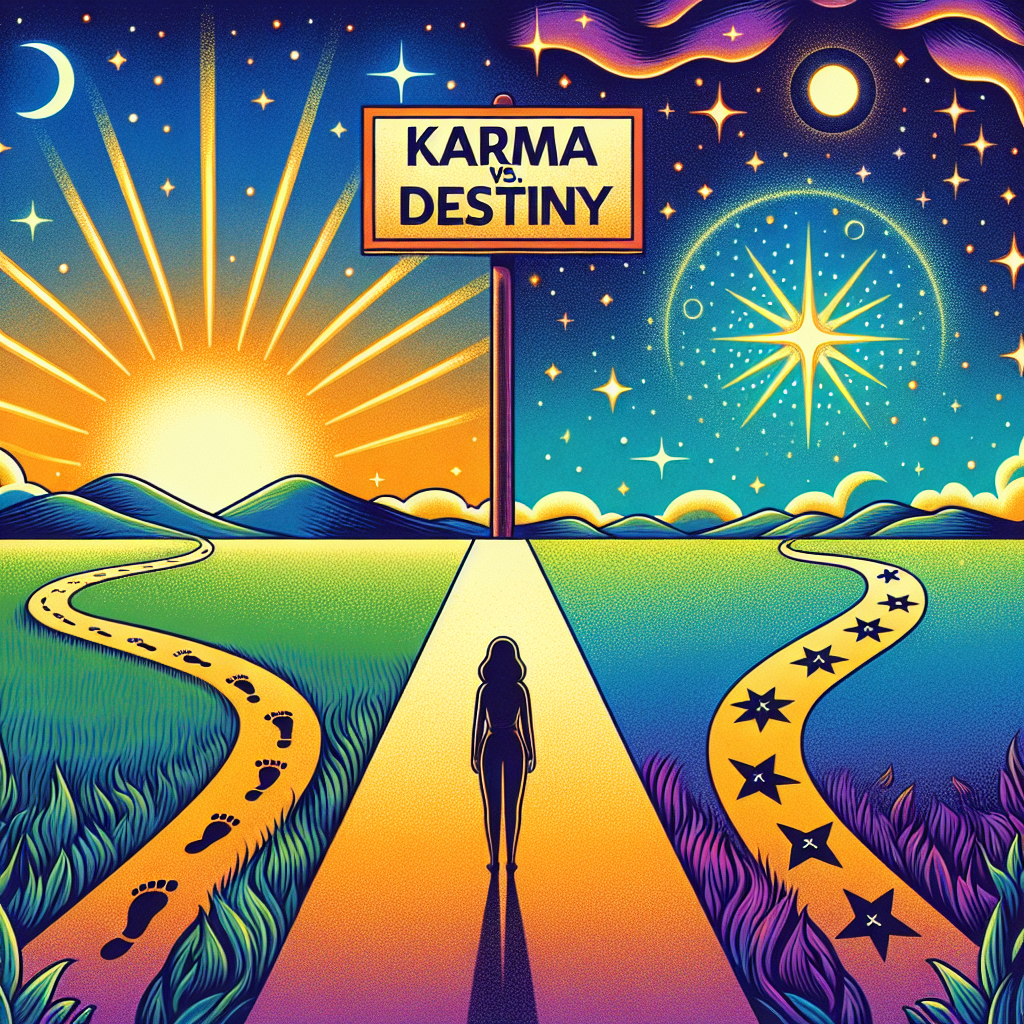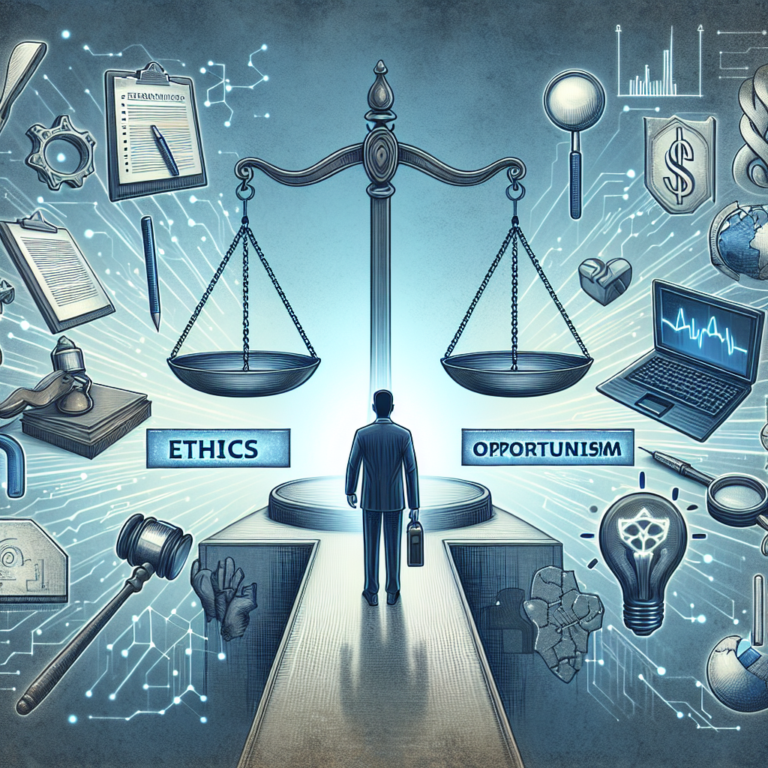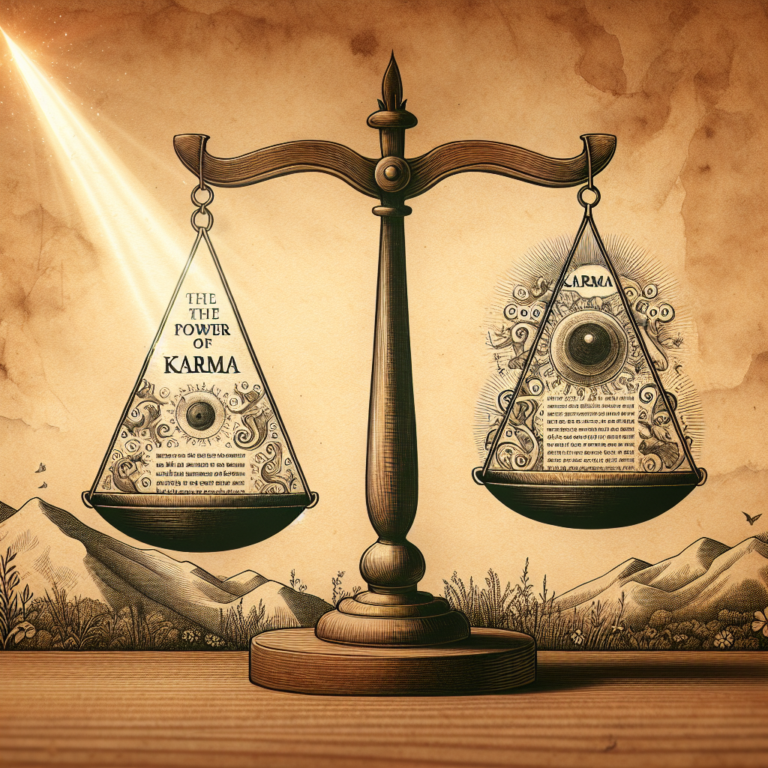In the vast tapestry of life, two concepts stand out for their influence on our existence: karma and destiny. Both terms are often used interchangeably in casual conversation, yet they embody distinct philosophical notions. Understanding the nuances and interplay between karma and destiny can profoundly affect how we navigate our choices and the impact they have on our lives.
Understanding Karma
Karma is rooted in ancient Indian philosophy, particularly in Hinduism and Buddhism, and it refers to the law of moral causation. In simple terms, it posits that every action has consequences—good deeds lead to positive outcomes, while negative actions result in adverse effects. This idea encourages individuals to act with integrity and kindness, as it emphasizes personal responsibility.
Karma is not merely a system of rewards and punishments; it’s a cyclical nature of existence. One’s current circumstances are shaped by past actions, and one’s choices today will ripple into the future. This principle is sometimes encapsulated in the famous phrase: "What goes around comes around."
The Cycle of Karma
The practice of karma encourages self-awareness and growth. Each person is viewed as an architect of their own destiny, where the concept of moral responsibility is central. People are motivated to engage in altruistic behavior not just for immediate benefits but also to cultivate a better future.
This view emphasizes that individuals possess the agency to change their circumstances. Even if one is struggling under the weight of negative karma accumulated in the past, one can create positive karma through mindful, compassionate choices moving forward.
Real-life Implications of Karma
In a real-world context, understanding karma can enhance personal development. For instance, if you opt to assist someone in need, the positive energy you generate may eventually return to you in unforeseen ways. Conversely, indulging in negative behaviors—like deceitfulness or selfishness—might lead to future difficulties, either directly or indirectly.
This doesn’t mean that every hardship is a punishment or every joy a reward. Life is complex, and external factors often play significant roles. However, karma encourages us to recognize the influence of our choices on our reality, promoting a sense of accountability and growth.
Exploring Destiny
Destiny, on the other hand, refers to the idea that certain events in life are predetermined. Many frameworks see destiny as a force or a plan that guides individuals toward specific outcomes, regardless of the choices they make. This belief is often rooted in various religious and spiritual traditions, which suggest that some aspects of one’s life path are already set in stone.
In contrast to the empowering notion of karma, destiny can sometimes feel constrictive. It raises questions about free will: How much control do we really have over our lives? Are we simply following a preordained path, or do we have the ability to carve our own route?
The Role of Destiny in Life
Many people find solace in the concept of destiny, particularly during challenging times. It can help individuals rationalize why specific events occur, offering a sense of purpose or connection to something larger than themselves. The belief in destiny can encourage people to trust the process of life, even when circumstances seem unfavorable.
However, the danger of this belief lies in fatalism—an excessive reliance on the idea that things will happen as they are meant to without personal effort. This can lead to a sense of helplessness and stagnation, as individuals may choose not to pursue their goals or make necessary changes, believing that their fate is already sealed.
The Convergence of Karma and Destiny
Instead of viewing karma and destiny as opposing forces, many philosophical and spiritual frameworks suggest a harmonious relationship between the two.
Karma represents the choices we make, while destiny reflects the circumstances we encounter as a result. In this sense, our current situation can be seen as a mixture of past karma and destined events. For instance, two people may be born into similarly challenging environments, but their responses and choices in those circumstances will ultimately shape their unique destinies.
This synthesis highlights the complexity of life. It invites individuals to embrace their power to make choices while also acknowledging that some factors may be beyond their control.
The Balance Between Choice and Circumstance
Finding a balance between karma and destiny is essential for personal growth. Acknowledging that certain events may be out of our hands can foster resilience; however, it is equally important to recognize the power of our choices in creating a fulfilling life.
By focusing on the present and making conscious decisions that align with our values and aspirations, we can direct the course of our future. Every moment offers an opportunity to make choices that build positive karma, regardless of past experiences or perceived limitations.
Conclusion
Understanding the dynamic interplay between karma and destiny can illuminate our path through life. While karma empowers us to take responsibility for our actions, destiny offers a broader perspective on our experiences. Together, they remind us that even in a world where circumstances can be influenced by forces beyond our understanding, our choices play a vital role in shaping our future.
By embracing both concepts, we can cultivate a sense of agency and purpose, empowering us to navigate the complexities of life with intention, resilience, and hope.
FAQs
1. What is the difference between karma and destiny?
Karma refers to the principle of moral causation, where actions have consequences, while destiny encompasses the idea that some events in life are predetermined and out of our control.
2. Can karma be changed?
Yes, karma can be transformed. By making conscious, positive choices, individuals can counteract negative karma and create positive outcomes for themselves.
3. Does believing in destiny mean we lack free will?
Not necessarily. While destiny suggests certain events may be predetermined, many believe that individuals still have the power to make choices that influence their paths.
4. How can I apply the concepts of karma and destiny in my life?
Recognize the impact of your choices by being mindful and intentional in your actions. While acknowledging that some circumstances are beyond your control, embrace the responsibility you have to shape your future.
5. Can negative karma be overcome?
Yes, negative karma can be mitigated through positive actions, self-reflection, and personal growth. It’s essential to learn from past mistakes and make different choices moving forward.
It seems like you might be looking for a specific prompt or topic to discuss. Could you provide more details or clarify what you’re interested in? Whether you’re looking for writing prompts, discussion topics, creative ideas, or something else entirely, I’m here to help!, #Karma #Destiny #Choices #Shape #Future, #Karma #Destiny #Choices #Shape #Future, 1735170972, karma-vs-destiny-how-your-choices-shape-your-future





